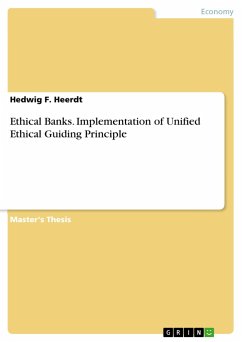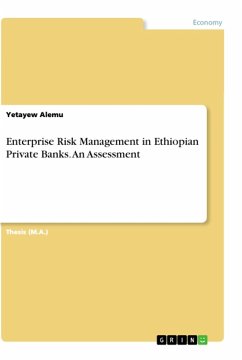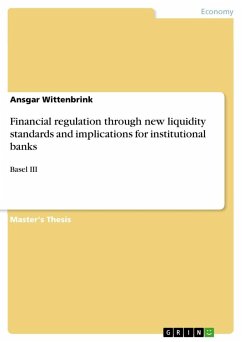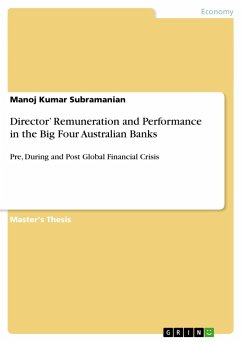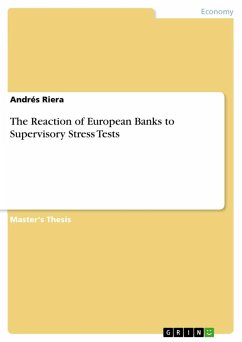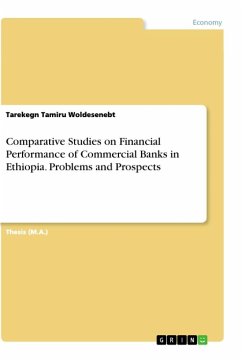Master's Thesis from the year 2013 in the subject Business economics - Banking, Stock Exchanges, Insurance, Accounting, grade: 1,0, University of Westminster (Westminster Business School), course: International Finance, language: English, abstract: Because Ethical Banks have developed from niche players to serious competition for traditional banks, supposedly Ethical Banks and even traditional banks use the term Ethical Bank in order to sell bank services under the cloak of sustainable and ethically correct business conduct.Therefore, the focus of this research is to make truly Ethical Banks distinguishable from traditional banks by investigating, analysing and determining principles, Ethical Banks have to fulfil or refrain from in order to call themselves truly ethical. Based on the results of the academic research, a web- based survey identifies bank customer's attitude towards sustainability and ethics in general, their banking, as well as their ethical attitude towards nine areas of business, banks may be confronted with. The survey result build the basis for a list of positive and negative Ethical Guiding Principles (EGPs), which should serve as a general standard for Ethical Banks that want to settle down within the European Economic Area and Switzerland.The main conclusion drawn from this study is a comprehensive list of positive and negative EGPs, applicable either directly to Ethical Banks or as a basis for further research. But because of the ever-changing environmental, social and legal environment, EGPs need to be continuously reviewed and validated. If directly implemented, a control mechanism within or outside the bank must monitor and ensure compliance with these principles.

